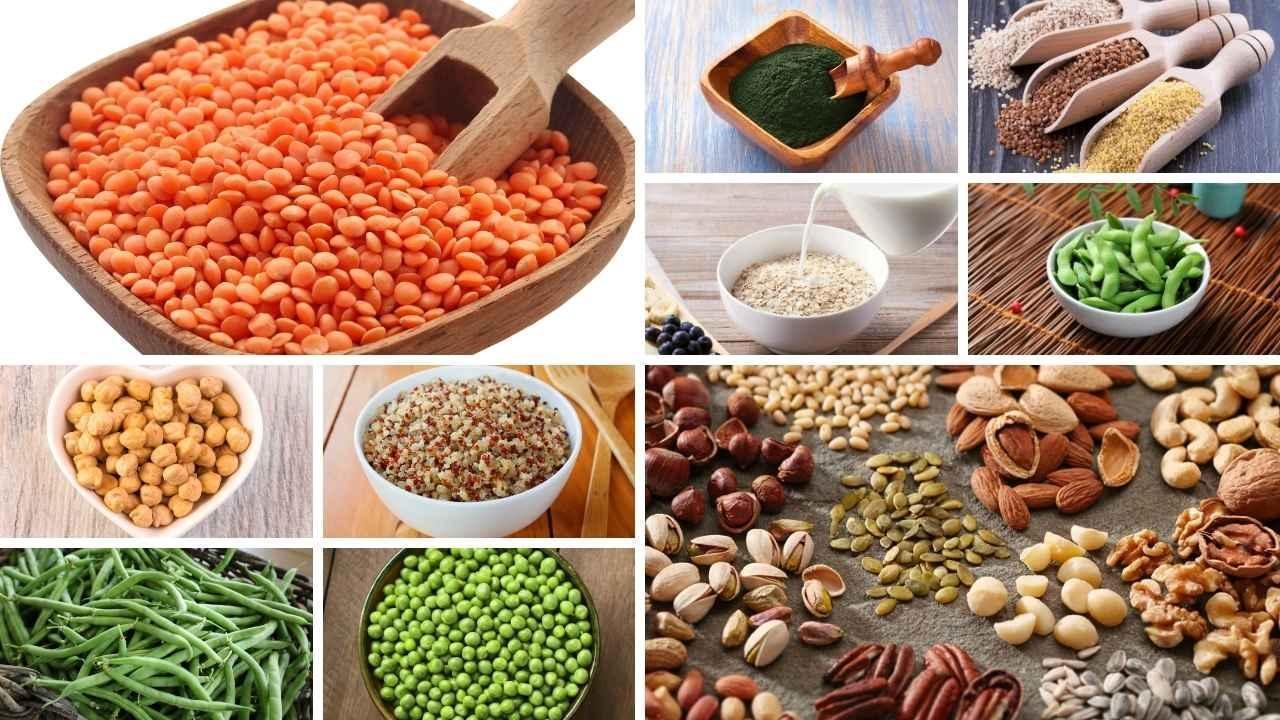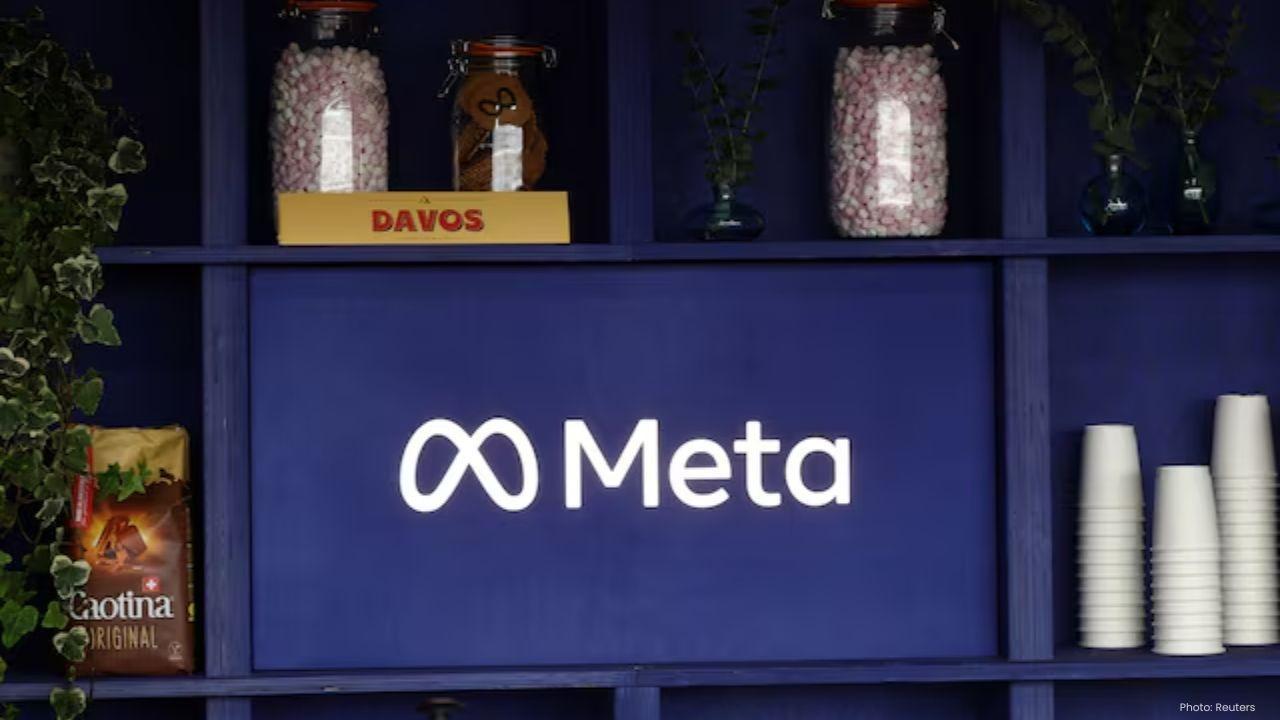
Post by : Mikhael Nasser
Paneer and tofu are common references when discussing vegetarian protein, yet a broad spectrum of plant foods also supply substantial protein and essential nutrients. This review summarises accessible, protein-rich alternatives suitable for varied diets and culinary traditions.
Whether reducing animal products for health, environmental, or ethical reasons, individuals can meet protein requirements through diverse plant sources. Below is an evidence-focused overview of valuable options beyond paneer and tofu.
Lentils — widely consumed as dal in South Asian cuisines — provide a reliable protein boost: a bowl of cooked lentils delivers roughly 18 grams of protein. They are also significant sources of iron, fiber, and potassium, nutrients linked to digestive and cardiovascular health.
Varieties such as moong, masoor, urad and arhar are nutritionally valuable and versatile: serve them with grains, blend into soups, or incorporate into salads for a filling, nutrient-dense meal.
Chickpeas (chana) deliver about 15 grams of protein per cooked cup and are high in fiber, which aids satiety and glycaemic control.
Culinary uses range from stews and roasted snacks to hummus. Their macronutrient profile supports weight management and muscle maintenance, illustrating how simple legumes can contribute to balanced diets.
Quinoa is often classified as a complete protein, containing all nine essential amino acids. One cooked cup supplies around 8 grams of protein, along with minerals such as magnesium and iron.
Being gluten-free and digestible, quinoa works well as a rice substitute — in salads, grain bowls or soups — for light yet sustaining meals.
Legumes like kidney beans (rajma), black beans and soybeans generally provide about 14–16 grams of protein per cup, depending on the variety.
Rich in fiber and complex carbohydrates, beans offer prolonged energy and promote gut health. Use them in curries, chilis, purees or as plant-based burger patties to add both texture and nutrition.
Small in size but nutrient-dense, almonds, walnuts, peanuts, chia, flax, pumpkin and sunflower seeds supply protein alongside healthy fats.
For instance, two tablespoons of chia seeds provide about 5 grams of protein and a notable amount of omega-3 fatty acids, beneficial for cardiovascular and cognitive health. Incorporate nuts and seeds into cereals, salads or smoothies, remembering portion control due to their calorie density.
Green peas offer approximately 9 grams of protein per cup and contribute iron, vitamin C and fiber. Their mild flavour and versatility make them suitable for soups, pilafs and mixed dishes, appealing to adults and children alike.
Oats are a reliable breakfast option, supplying about 6 grams of protein per cup along with soluble fiber that supports cholesterol management and prolonged fullness.
Prepare as porridge, overnight oats or blended into smoothies to reduce snacking and maintain energy between meals.
Edamame (immature soybeans) are protein-rich, providing roughly 17 grams per cup. They also contain vitamin K and folate, which support bone and cardiovascular health.
Steamed and lightly salted as a snack or added to salads and stir-fries, edamame offers a convenient way to increase plant protein intake.
Before global interest in quinoa rose, regional grains like amaranth (rajgira) and millets such as ragi, jowar and bajra provided nutrient-dense alternatives, offering protein, calcium and iron.
Use them to prepare flatbreads, porridges or pancakes as part of culturally rooted, gluten-free meal planning.
Spirulina, a blue-green microalga, is remarkably protein-concentrated — containing roughly 60–70% protein by dry weight — along with iron, vitamin B12 analogues and antioxidants.
Small servings, such as a teaspoon blended into beverages, can meaningfully increase protein and micronutrient intake, though usage should consider taste and individual tolerance.
A plant-forward diet need not compromise protein adequacy. Combining a variety of legumes, grains, seeds and vegetables delivers a comprehensive nutrient profile that supports strength, energy and health while aligning with environmental and ethical goals.
Dietary variety promotes a complete amino acid mix and a broader intake of vitamins and minerals. Thoughtful meal planning can therefore achieve nutritional targets without relying solely on dairy or soy-based options.
This article is intended for general health and nutrition awareness. The information provided reflects commonly accepted nutritional guidance and may not suit every individual. Consult a registered nutritionist or healthcare professional before making major dietary changes. The publisher does not endorse any specific brand or product mentioned.










Shreyas Iyer in Stable Condition After Spleen Laceration in Sydney ODI
India vice-captain Shreyas Iyer is recovering under medical care after sustaining a lacerated spleen

Qatar Confirms Readiness to Stage FIFA U‑17 World Cup 2025 at Aspire Zone
Organisers state Qatar is fully prepared to host the FIFA U‑17 World Cup 2025 at Aspire Zone, stagin

Wolvaardt’s 169 and Kapp’s five-for secure South Africa spot in Women’s World Cup final
Laura Wolvaardt’s 169 and Marizanne Kapp’s 5 for 20 powered South Africa to a 125-run semi-final vic

Vacherot Advances to Paris Masters Last-16 with Win Over Cousin Rinderknech
Valentin Vacherot beat cousin Arthur Rinderknech 6-7(9), 6-3, 6-4 in a near three-hour match to reac

Fernandez Advances to Hong Kong Quarterfinals as WTA Action Intensifies
Leylah Fernandez beat Eva Lys to reach the Hong Kong quarterfinals as several WTA events in Asia pro

Tiger Woods Withdraws from 2024 Hero World Challenge Amid Back Surgery Recovery
Tiger Woods will not play the 2024 Hero World Challenge as he recovers from lumbar disc replacement